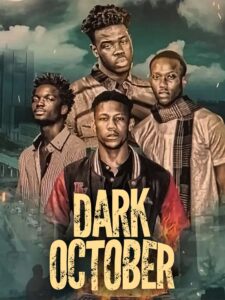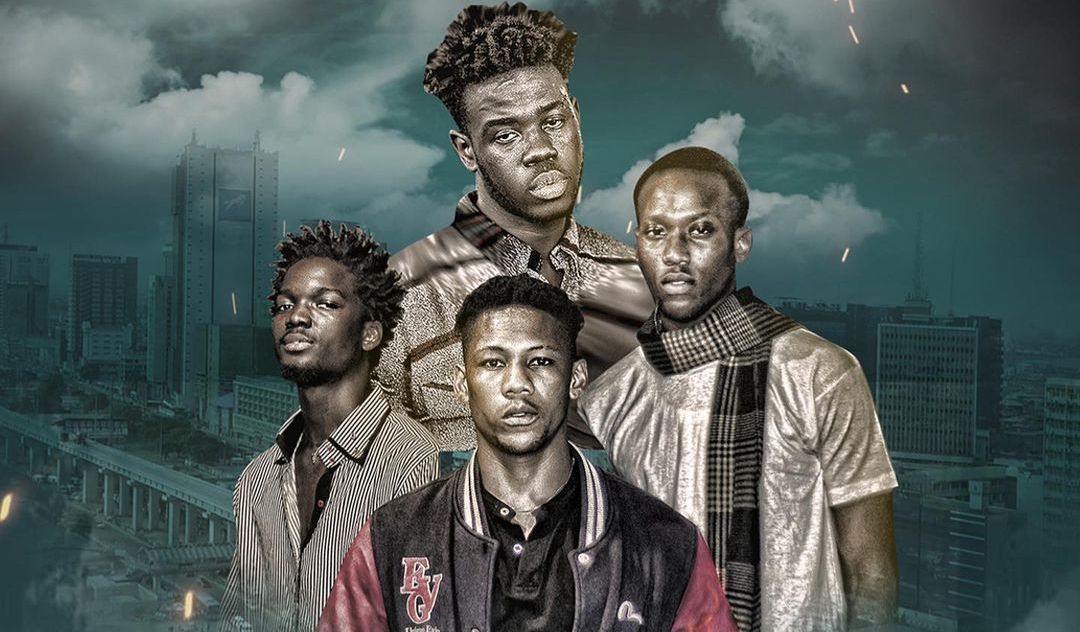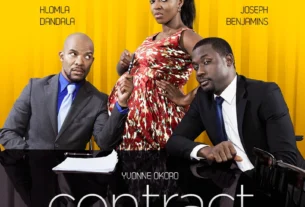
Dark October is a Nigerian film directed by Toka McBaror on Netflix. The movie is a poignant dramatization of the tragic true story of the Aluu Four—four university students who were lynched in 2012 by a mob in Aluu, a community in Port Harcourt, Nigeria. This brutal act of jungle justice stunned the nation and drew global attention, prompting widespread discussions about the dangers of mob mentality, social justice, and the consequences of wrongful accusations.
The narrative of Dark October meticulously chronicles the events leading to the lynching of Ugonna Obuzor, Lloyd Toku, Chiadika Biringa, and Tekena Elkanah, who were falsely accused of stealing laptops and phones. Despite the absence of solid evidence, an enraged mob captured and gruesomely murdered the four students. The film provides an emotional and harrowing look at how the victims were subjected to a violent end, and it delves into the ripple effects of their deaths on their families, the local community, and the wider society. The deaths became a symbol of the dangers posed by extrajudicial killings and the moral decay often associated with vigilante justice.
The film is a reflection on the toxic nature of mob justice and its devastating impact on individuals and families. It aims to capture the raw emotions and injustices of the situation, offering a tragic portrait of innocent lives lost due to a misguided public outrage. The film emphasizes the consequences of quickly jumping to conclusions based on rumors and collective hysteria, shedding light on the victims’ families, who were left to grapple with grief, loss, and the fight for justice.
Dark October has been both praised and criticized. On the one hand, it has been acknowledged for its powerful portrayal of the tragic event, with a particular focus on the moral and emotional weight carried by the families of the victims. The film effectively captures the atmosphere of the event, using period-specific details, such as the prominence of Blackberry phones in 2012, to bring an authentic touch to the narrative. Additionally, the film’s commentary on the social implications of jungle justice and its depiction of how violence can erode communities are commendable.
However, despite its strengths, the reception of the film has been somewhat mixed. Critics have pointed out uneven performances from the cast, especially the relatively unknown actors playing the lead roles. Some have found the acting lacking in depth, which, in turn, affects the emotional resonance of the film. Additionally, certain plot points were seen as underdeveloped, with some moments feeling rushed or not fully explored, which detracted from the overall impact of the story.
Despite these critiques, Dark October succeeds in its primary goal: raising awareness about the consequences of mob justice and igniting a conversation about the dangers of a society that sometimes seeks instant retribution without due process. It is a film that not only highlights a national tragedy but also serves as a warning against the rise of vigilante justice and the potential for innocent lives to be lost in the process. Dark October serves as an important reminder of the need for fair legal systems and the protection of human rights, making it a compelling watch, especially for those familiar with the events surrounding the Aluu Four tragedy.




